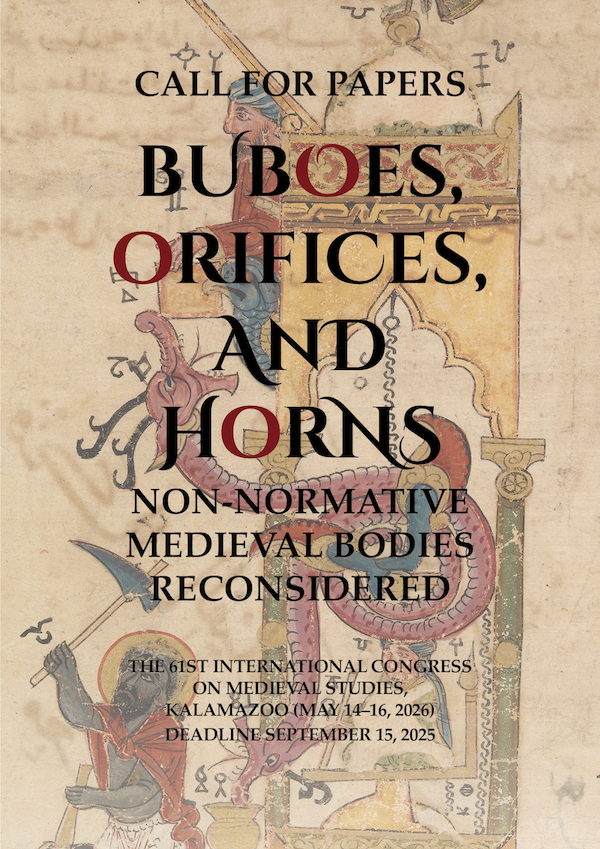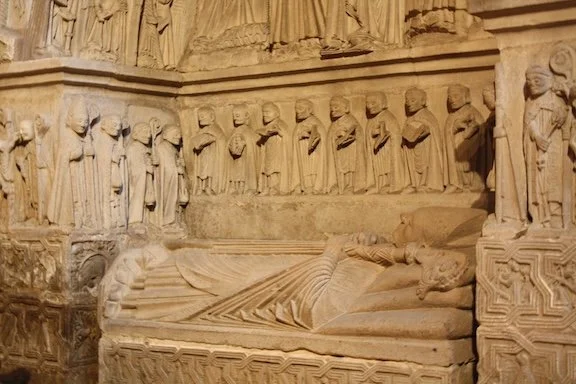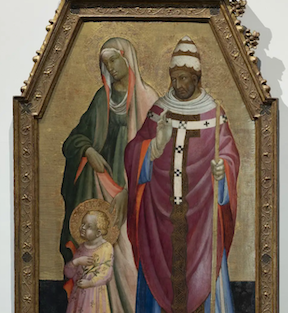Call for Papers Extended
XVIII Jornadas Internacionales Complutenses de Arte Medieval
Transculturality and Medieval Art in Dialogue: Negotiating New Identities
7-8 October 2025 Madrid, Spain
Due by 1 September 2025
Places:
Universidad Complutense de Madrid Facultad de Geografía e Historia
Museo Arqueológico Nacional
Casa Árabe
Architecture, objects, and material culture, as structuring agents of human relationships, play a key role in discovering the potential of understanding medieval art through the paradigm of transculturality. This method examines the negotiation of fluid artistic identities shaped by the mobility of people, circulation of objects, and transmission of ideas across diverse social, geographical, and religious contexts. The materiality of transcultural objects has rendered them repositories of memory, bearing witness to historical encounters across cultures. Their various recontextualization, restaging, and differing forms of appreciation have made them subject to manipulation, reuse, and re-signification, even after their integration into private collections or museums. Addressing these themes allows for a broader reflection from educational and museum studies. By examining intersections of gender, class, and ethnicity, the eighteenth edition of the Complutense International Conference on Medieval Art aims to uncover microhistories that offer a more nuanced understanding of otherness in the Middle Ages.
Invited speakers: María Elena Díez Jorge (UGR), Manuel Castiñeiras González (UAB), Beatriz Campderá Gutiérrez (MAN), Licia Buttà (URV), Raúl Estangüi Gómez (CSIC), Elvira Martín Contreras (CSIC), Alicia Miguélez Cavero (UNL), Theodora Konstantellou (DOaks), Ravinder Binning (DOaks), Julie Marquer (UdL), Herbert González Zymla (UCM), Víctor Rabasco García (ULE), María Puértolas Clavero (Museo Diocesano BarbastroMonzón), Julia Perratore (MMA), Helena Lahoz Kopiske (MAN)
Themes may include, but are not limited to: Transcultural narratives and artistic exchanges at historical or historiographical margins Processes shaping perceptions of otherness Itinerancy, performativity, and gendered dimensions of objects Ambivalence of terminology and problems of approaching sources and documents New museum narratives The relationship between art historical knowledge and tourism Proposals for papers up to 15 minutes in duration and posters should be send by 1 September 2025. Send title, abstract of not more than 250 words, and short author bio (not more than 10 lines) to: jornadas.transculturalidad@ucm.es.
Papers should be in Spanish, English, French or Italian. Decisions on acceptance will be made by the End of July. Papers, communications, and posters will be presented during the conference sessions. Posters would be printed by the conference organizers and displayed in the Facultad de Geografía e Historia and the Facultad de Comercio y Turismo of the UCM. After peer review, the various contributions will be published in a monograph.
For more information, visit https://www.ucm.es/intersections/jornadas-transculturalidad





















